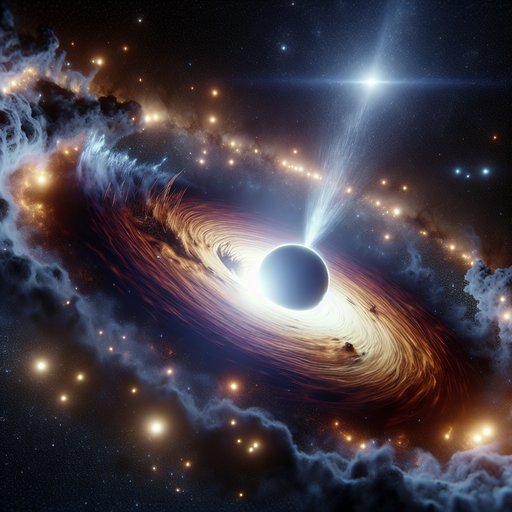
Astronomers are celebrating an extraordinary cosmic discovery, as NASA announced that its famed Hubble Space Telescope and Chandra X-ray Observatory have captured a rare event rarely witnessed in the universe: a unique black hole consuming a star. This collaborative observation offers invaluable insights into the extreme environments where black holes and stars intersect, deepening humanity’s understanding of some of the universe’s most dramatic phenomena. The teamwork between these two cutting-edge telescopes demonstrates yet again how multi-wavelength astronomy can unlock the mysteries of cosmic violence in faraway galaxies [1].
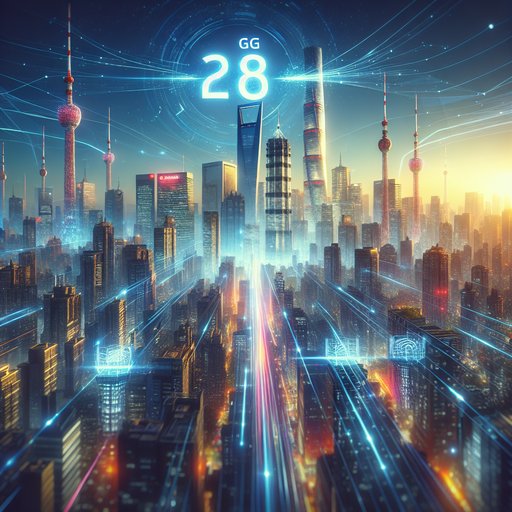
Telecommunications technology made headlines this week as Chinese operators showcased a working 6G network that shattered previous data transmission records. This demonstration, in which researchers achieved ultrafast download speeds far beyond current 5G capabilities, highlights the rapid pace at which global connectivity continues to evolve. With the industry just beginning to roll out advanced 5G devices, these promising developments signal a new chapter in mobile communications—one that could reshape everyday experiences and digital infrastructure in the years ahead.
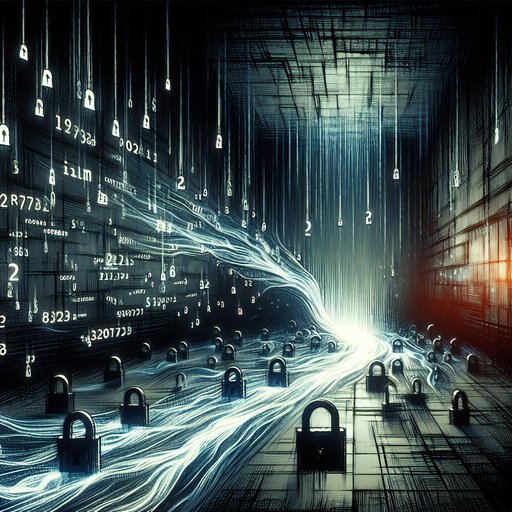
The cybersecurity landscape experienced significant turbulence as multiple revelations surfaced on July 25, 2025. Organizations worldwide are responding to a series of high-profile incidents, most notably a newly disclosed zero-day vulnerability in Microsoft SharePoint actively exploited by sophisticated attackers. These events have placed a spotlight on the urgency of improved cyber defenses, rapid patching, and policy action to counter escalating threats ranging from data breaches to ransomware campaigns.
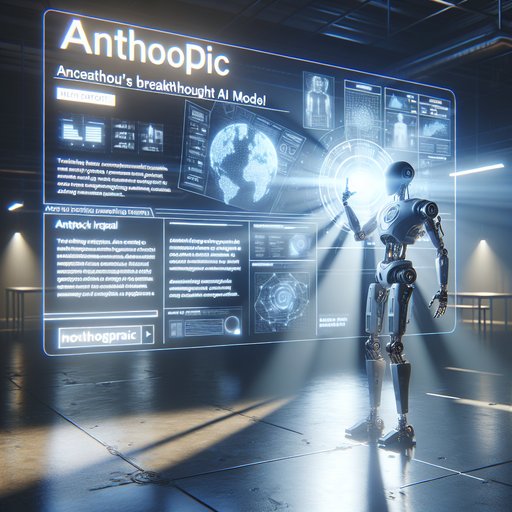
On July 24, 2025, the artificial intelligence community is abuzz as Anthropic’s revolutionary AI model continues to redefine what is possible in automated coding. Released the previous summer, this advanced system has steadily gained recognition for its remarkable proficiency in code generation and problem solving, marking a pivotal shift in both AI capability and developer productivity. As technologists and companies explore its far-reaching influence, this innovation stands as a testament to the rapid evolution of artificial intelligence and its transformative impact on robotics and software engineering [1].
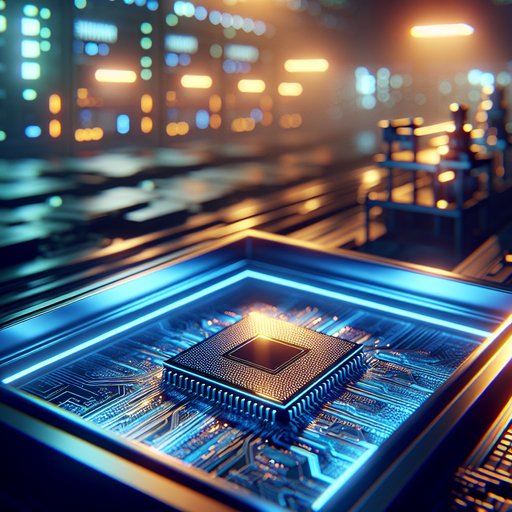
The semiconductor industry is witnessing a series of transformative developments as leading companies leverage new technologies to drive innovation, efficiency, and growth. On July 23, 2025, some of the world’s most prominent players—including Taiwan Semiconductor Manufacturing Co. (TSMC), Nikon, and Synopsys—announced advancements poised to shape the future of chip design and production. These breakthroughs span next-generation lithography tools, expanded production capacities, and AI-driven chip manufacturing, reflecting broader optimism about the sector’s potential amid soaring demand for artificial intelligence and advanced electronics.

A transformative leap in solar and battery storage technology is reshaping the future of clean energy. Recent advances have dramatically reduced battery prices, making it feasible to supply solar power around the clock. This significant development, unveiled on July 22, 2025, sets a new trajectory for how society can harness and rely on renewable energy—for homes, businesses, and grids—progressing much further and faster than many had anticipated.

A newly discovered zero-day vulnerability in Microsoft SharePoint has sparked a wave of cyber-attacks, affecting over 80 organizations worldwide. This critical flaw has allowed hackers to bypass existing security measures and access sensitive data, prompting urgent calls for system administrators to implement a patch immediately. As businesses scramble to protect their systems, the global cyber security community is on high alert.
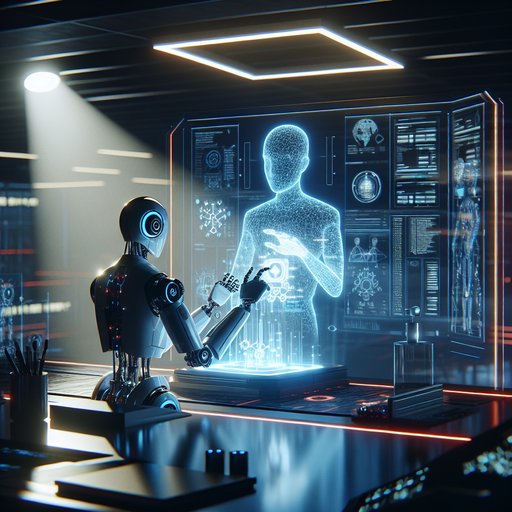
In a surprising turn of events, Przemysław 'Psyho' Dębiak, a Polish programmer and former OpenAI engineer, defeated an advanced AI model in the World Coding Championship. This victory, achieved in a grueling 10-hour marathon, might mark the last time a human claims the top spot in this highly competitive arena. The win highlights the enduring capabilities of human ingenuity in an age increasingly dominated by artificial intelligence.
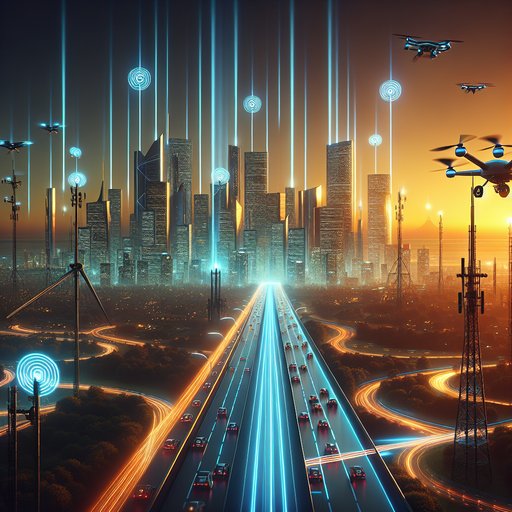
This week, Sweden made headlines with the launch of AstaZero's groundbreaking 6G-powered testing facility. This new lab is set to revolutionize the future of connected vehicles and drones, offering unprecedented opportunities for innovation in the automotive industry. As 6G technology continues to develop, this facility will play a crucial role in shaping the way we think about transportation and connectivity.
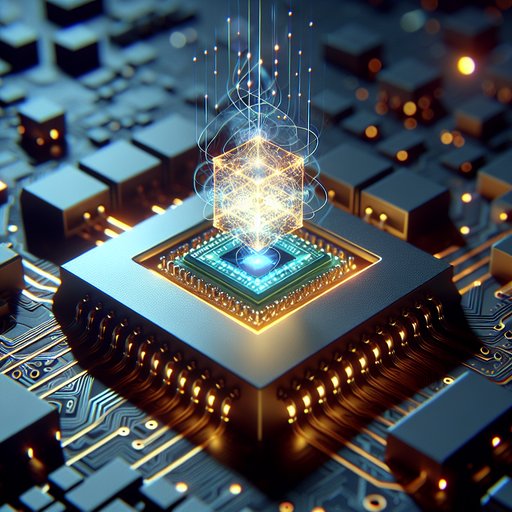
In a groundbreaking achievement, scientists have successfully demonstrated magic state distillation using logical qubits for the first time, marking a significant advancement in the field of quantum computing. This development, which has been a challenging goal for researchers over the past two decades, opens up new possibilities for fault-tolerant quantum computation and could accelerate the practical application of quantum technologies in various industries.
























